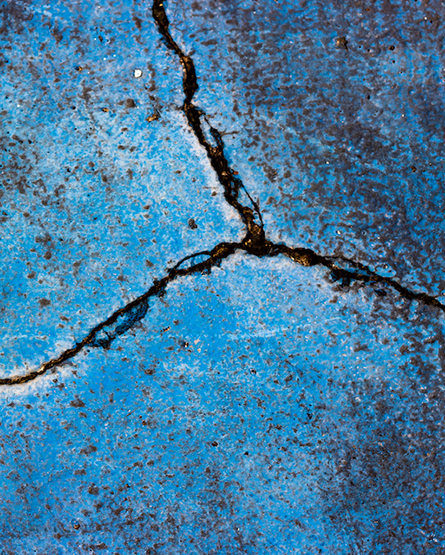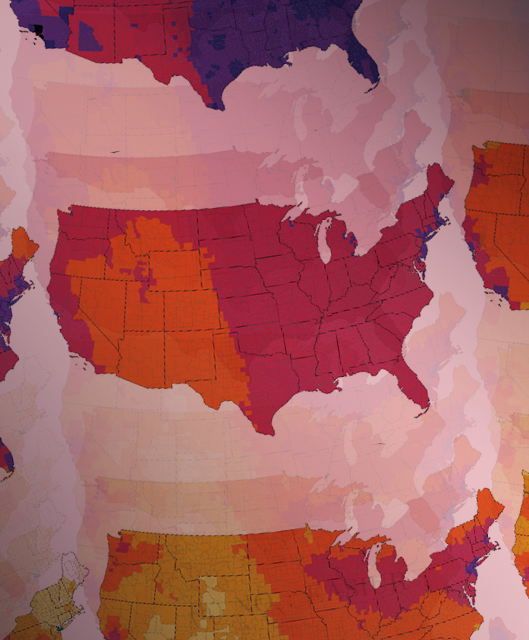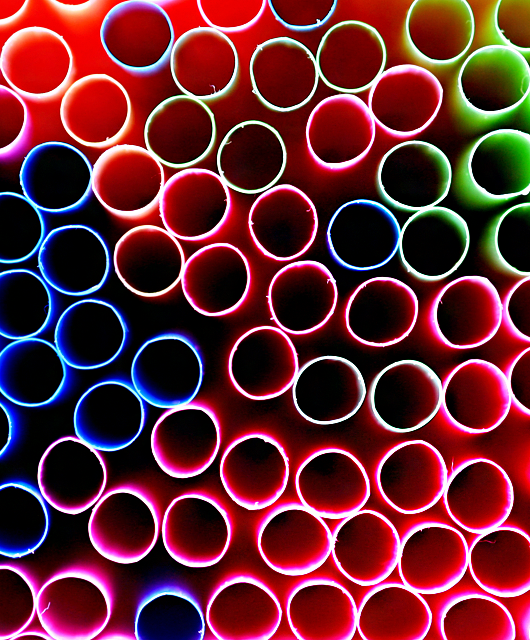Mechanics, chemistry, and materials (MCM)
Our Mechanics, chemistry, and materials (MCM) focus area looks at modeling, predicting, and engineering complex behaviors in both synthetic and natural materials to address pressing societal needs related to sustainability, infrastructure renewal, public safety, and the generation of food, energy, and clean water.
MCM education
Understanding the connection between mechanics, chemistry, and materials involves mastering fundamental mechanisms like deformation, failure, flow, reaction, and transformation. Our program provides a strong foundation in physical sciences, mathematical methods, numerical techniques, and advanced topics such as structural mechanics, continuum mechanics, and environmental chemistry.
Students will sharpen their practical skills with courses in computer programming, data science, materials synthesis, and characterization. This broad professional toolkit prepares you for diverse career paths, whether designing earthquake-resistant buildings, developing sustainable materials, or innovating in environmental remediation and greenhouse gas capture.
Working with your faculty mentor, you'll customize your coursework to match your academic and career goals, allowing for both broad exploration and specialized focus in key areas.
MCM students can specialize in one of two tracks:
- Mechanics, materials, and structures
Provides a comprehensive education in numerical methods, structural analysis, continuum mechanics, computational techniques, and materials science to address complex engineering challenges. - Chemistry and materials
Offers a comprehensive curriculum with courses in numerical methods, urban systems modeling, molecular simulation, environmental chemistry, and water resources management, preparing students to address pressing environmental challenges through a deep understanding of chemical processes and material science principles.
View recommended courses for a focus in mechanics, chemistry, and materials.
MCM graduates find careers in diverse roles, including:
- Computational mechanician
- R&D engineering or software engineering
- Earth/geomaterial scientist
- Computational chemist
- Computational materials scientist
- Structural engineer
Ready to pursue an education in MCM? Apply today
MCM research
Example research projects
MCM faculty

Amit Acharya
Professor
Civil and Environmental Engineering
Courtesy Appointment
Materials Science and Engineering

Kaushik Dayal
Professor
Civil and Environmental Engineering
Courtesy Appointment
Materials Science and Engineering, Mechanical Engineering

Greg Lowry
Walter J. Blenko, Sr. Professor
Civil and Environmental Engineering
Courtesy Appointment
Chemical Engineering

Gerald Wang
Assistant Professor
Civil and Environmental Engineering, Mechanical Engineering
Courtesy Appointment
Chemical Engineering











